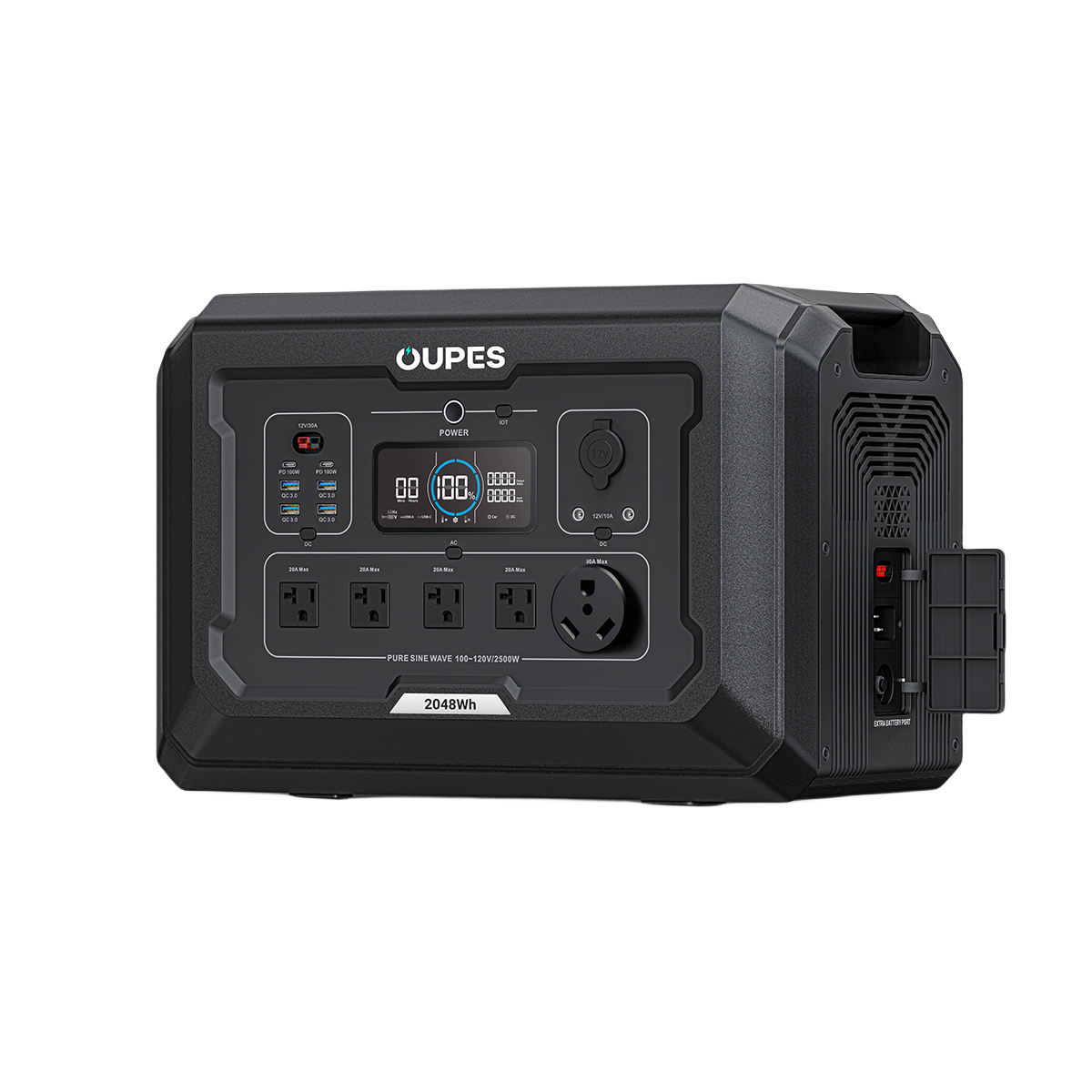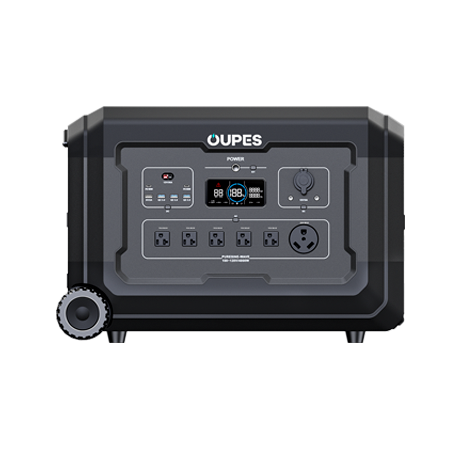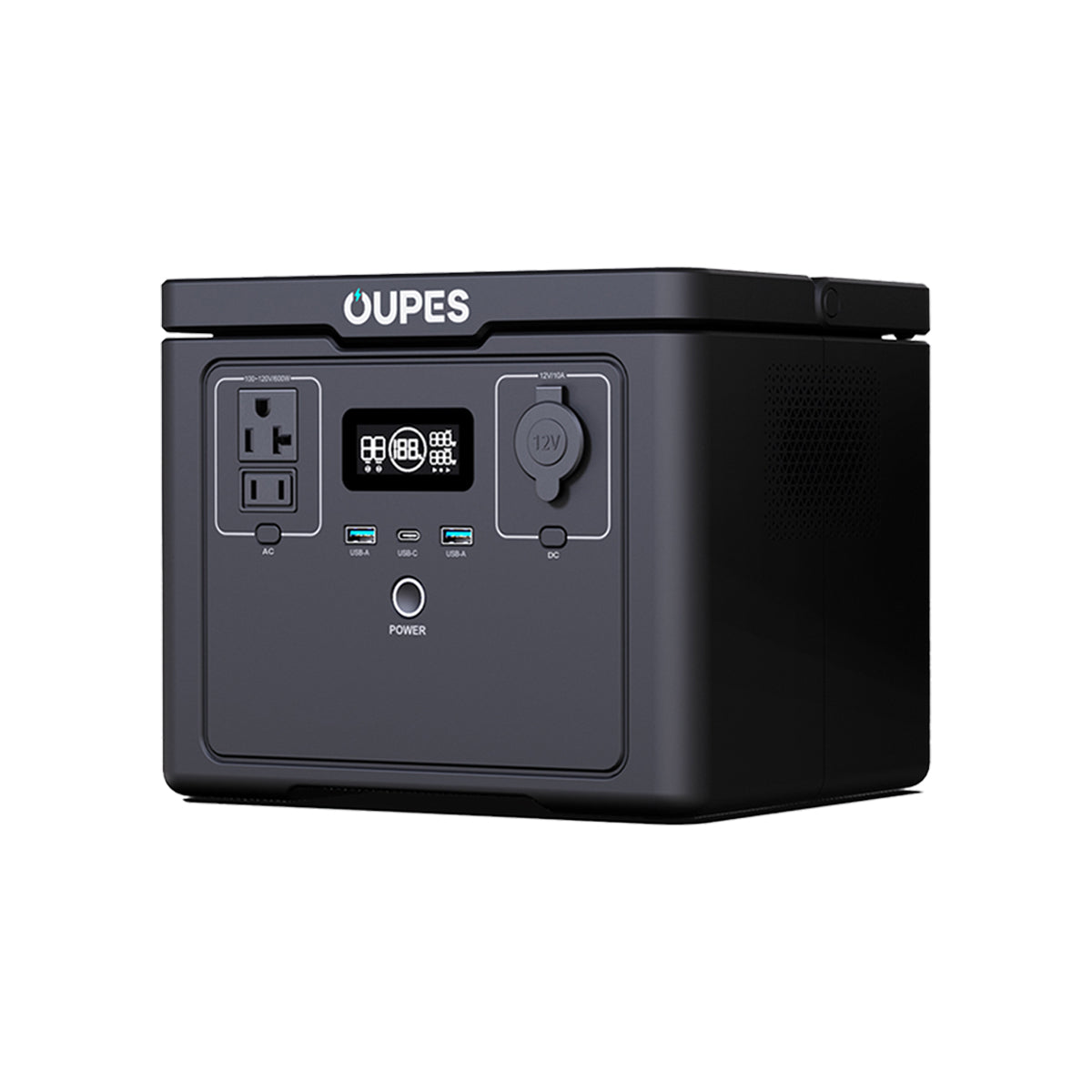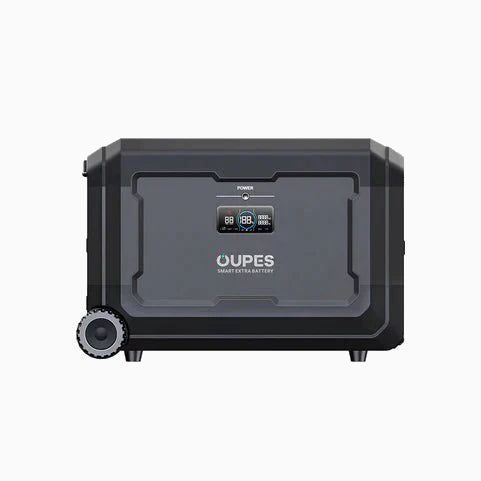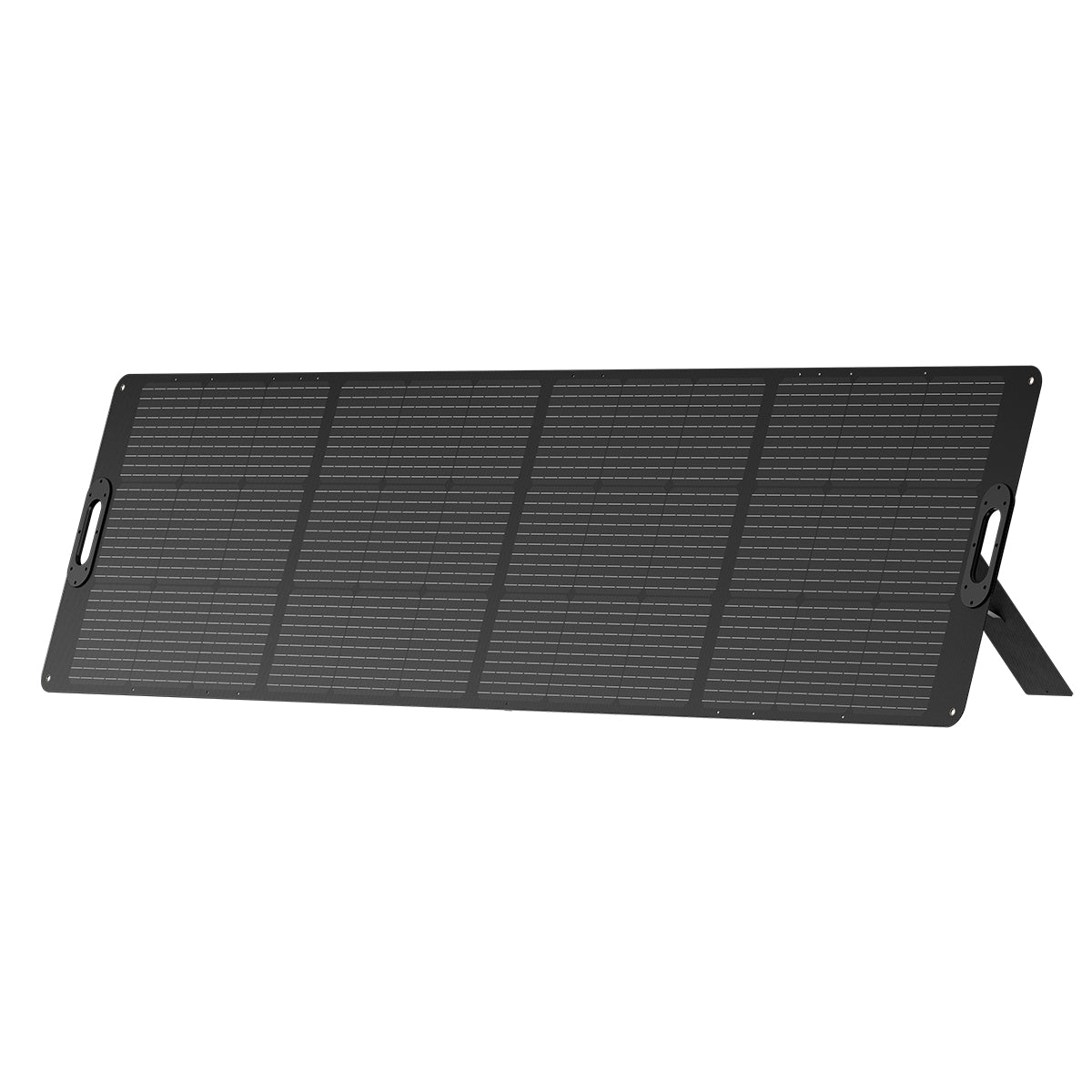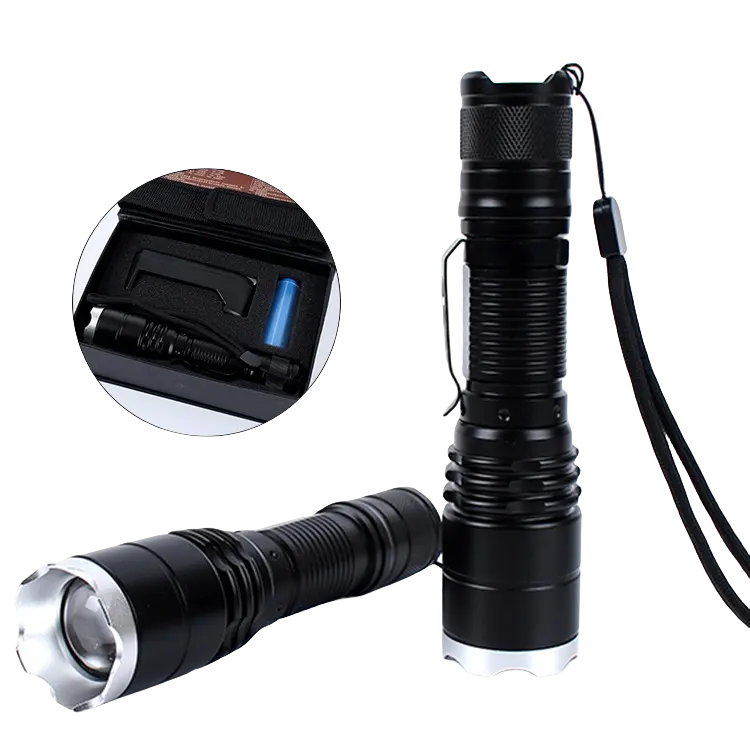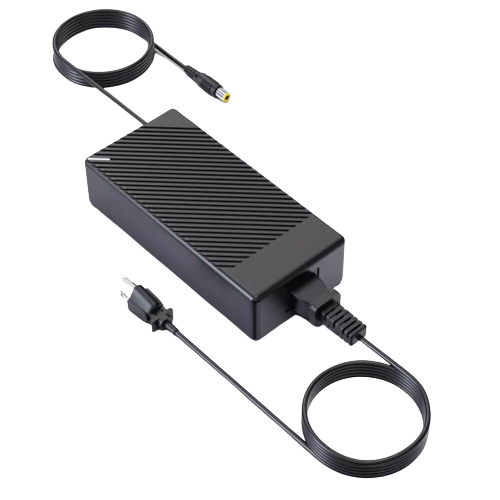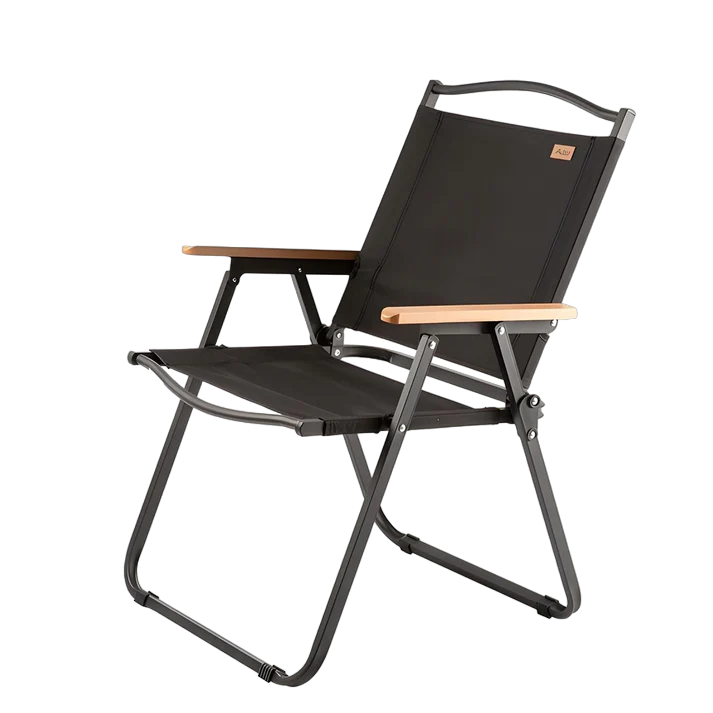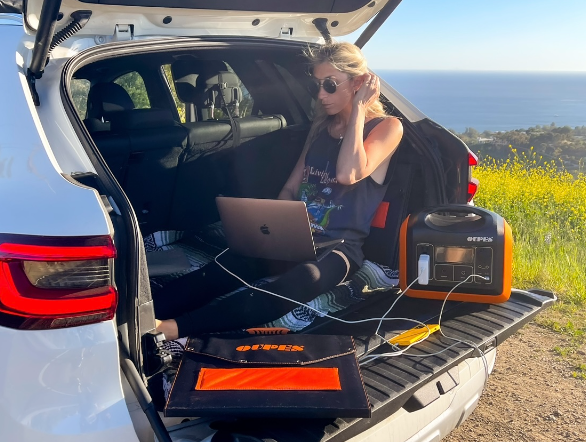Can A Solar Generator Be Used While Charging?
If you live in a city with a poor electrical signal, you often face power outages. Or maybe you're a camper who loves listening to some music in nature. You will find that we are almost inseparable from electricity in modern civilization. However, with the improvement of people's living style, the requirements for quality of life are also getting higher and higher.
So people invented the solar generator portable - this convenient and powerful power supply device. But as powerful as it is, those who haven't tried OUPES have always had some doubts about it. A common concern is: "Can A Solar Generator Be Used While Charging?".
What Is A Solar Generator?
A solar generator is a portable power source that can be used to charge electronic devices. It's essentially an electric generator that runs on solar power rather than gasoline or diesel.
Solar generators are used in many different situations, but they're most commonly seen in the aftermath of natural disasters like hurricanes and earthquakes. The first responders who arrive on the scene can use them to provide power for their communications equipment and other tools needed to help people affected by the disaster. You may have also seen solar generators at music festivals or other large events where there's no access to traditional electricity. For example, if you attended Coachella last year (or any year), you probably saw a lot of tents powered by these devices. If you're looking for a way to make sure that your electronic devices stay charged during emergencies or camping trips, then a solar generator could be just what you need.
You Might Need To Use A Solar Generator While It’s Charging:
One of the application features of solar generator portable is emergency power supply. It can be used as an alternative power source when there is no electricity in your area or when there is a blackout. In this case, you can use your solar generator while charging. So, its primary role is to provide people with electricity. A solar generator portable that can safely power you while charging itself is a good generator. Typically, you will use a solar generator portable in the following situations:
During power outages:
This is the most common situation when you need to use a solar generator while it’s charging itself. During power outages, you must rely on emergency supplies such as batteries and flashlights. But if you want to charge your laptop or smartphone, then you need an alternative source of energy like a solar generator. You might not find any electrical outlets nearby. The good news is that most portable solar generators come with multiple outlets so that they can be used in different places at the same time.
No electrical outlets available nearby:
If there is no electrical outlet nearby then what do you do? You cannot carry all your electronics with you at all times. In such cases, having a portable solar generator will save the day for you because it can be charged anywhere under direct sunlight and provide power for several hours until it runs out of juice completely.
When you are camping:
When you are camping in a remote area and there is no electricity nearby. In this situation, you will have to rely on your own power source, which is your portable solar generator. You can use it to power up your mobile devices and other electronic devices. That way, you can enjoy your outdoor adventure without worrying about not having enough power for your devices.

Can A Solar Generator Be Used While Recharging?
Of course, many people will doubt: Can I use a solar generator portable while it is charging? For other products, this is not a sure thing. However, if you use the solar generator of OUPES, you will find: the answer is yes! When you connect your solar generator to an outlet or power source, it will automatically start charging from that source. But what happens if you need to use your solar generator during this process? For example, maybe you want to watch TV or listen to music on your portable radio while your solar generator is plugged in and charging up its battery pack.
In most cases, this isn’t a problem at all because all modern-day generators are smart devices with their own dedicated battery packs that recognize when they are being charged and automatically shut off when they reach full capacity (this is known as “float mode”). Therefore, you can use your solar generator while it is charging without any issues. In fact, it might even be useful to do so because this will allow you to power your devices right away instead of waiting for hours until the generator is fully charged.
In fact, if a generator can't be used by people to charge their own computers while it's charging itself, it's very not cost-effective. You can think about it, it takes a few hours for a generator to fully charge, and then you need to use it for a few hours and then wait for a few hours again. This seems like a bit of a loss, doesn't it? Because its gap period is very long. Still, if you're not in a hurry to use electricity, it's not really that big of a deal. So, it would be very convenient if it could power your device while charging itself.
What To Expect When You Use A Solar Generator While It’s Charging?
You can use a solar generator while it is charging. The question is, what will happen if you do? The short answer is that the generator will not damage itself by using it while charging. It will not hurt the battery, and it won’t affect its lifespan.
The reason that using a generator while charging is okay is that the power draw needed to run most appliances is not great enough to affect the charging process. The only thing that could potentially cause an issue would be if you were to run an appliance with a high power draw (like an air conditioner), but even then, this would only cause a slight delay in your charging time. So what happens when you use your generator while it's recharging? Here are some things to expect:
A slight delay in charging time:
There will be a slight delay in how long it takes for your generator to reach full charge. This is because it takes some time for the solar panels to produce enough electricity to match what you're using from them. A slight delay in charging time (usually no more than 30 minutes). This delay can be longer if there is any cloud cover or if you have a lot of appliances running at once (like many people do when cooking or eating).
A mild decrease in battery life expectancy:
There will be a mild decrease in battery life expectancy – but this decrease will be minimal and won’t make much difference after just one use. As long as you don't overdo it and only use it for short periods of time, you should have no problem getting quite a few uses out of it before needing another charge.
However, You Need It:
However, you can switch your thinking. A solar generator portable is a great option for powering up in an emergency, so you'll need it. But "emergency", as it literally means, doesn't happen very often. So even though you're using the solar generator portable to charge your own device while it's charging yourself, it will do a little bit of damage. However, as long as you compare it, you will find that this little damage brings a lot of conveniences - at least your work can be completed in an emergency power outage.
Second, if a solar generator portable is a must for you, for example, if you are a perennial camper. Rather than be bothered that it reduces performance, you might as well find a solar generator portable that is more powerful and has a short recharge time. It is recommended that you choose OUPES.
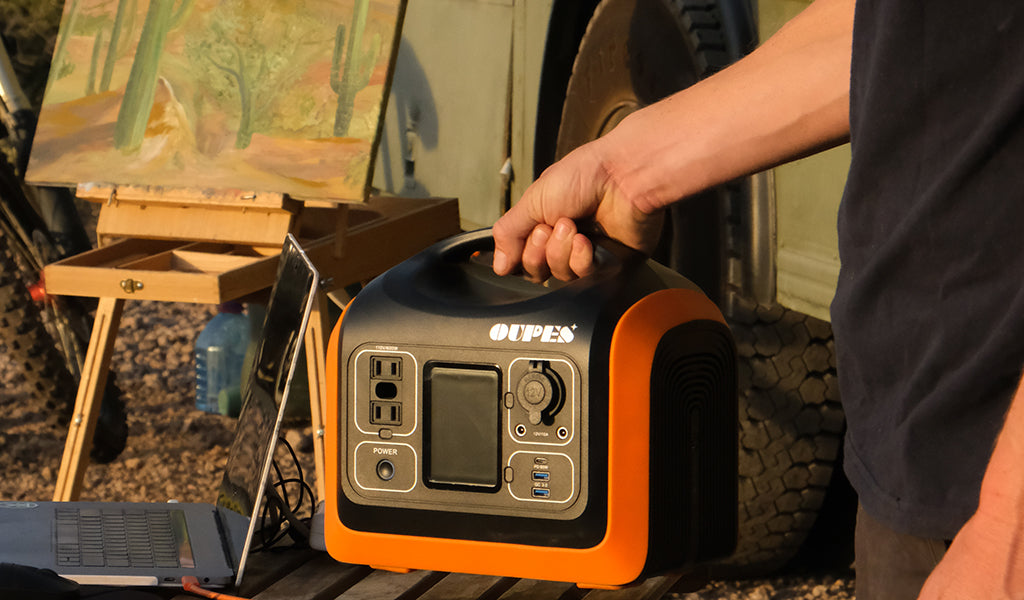
Conclusion:
To sum up, you don't have to worry about using a portable solar generator while charging. It will neither pose a threat to your security, nor will it have a great impact on its own performance. Maybe it will have some subtle effects, but compared to the convenience it brings, it's really not worth mentioning. It is worth mentioning that you can find power stations with premium performance. Such as shorter charging time, longer battery life and so on. Their "innate" qualities will make them serve you better and longer!

